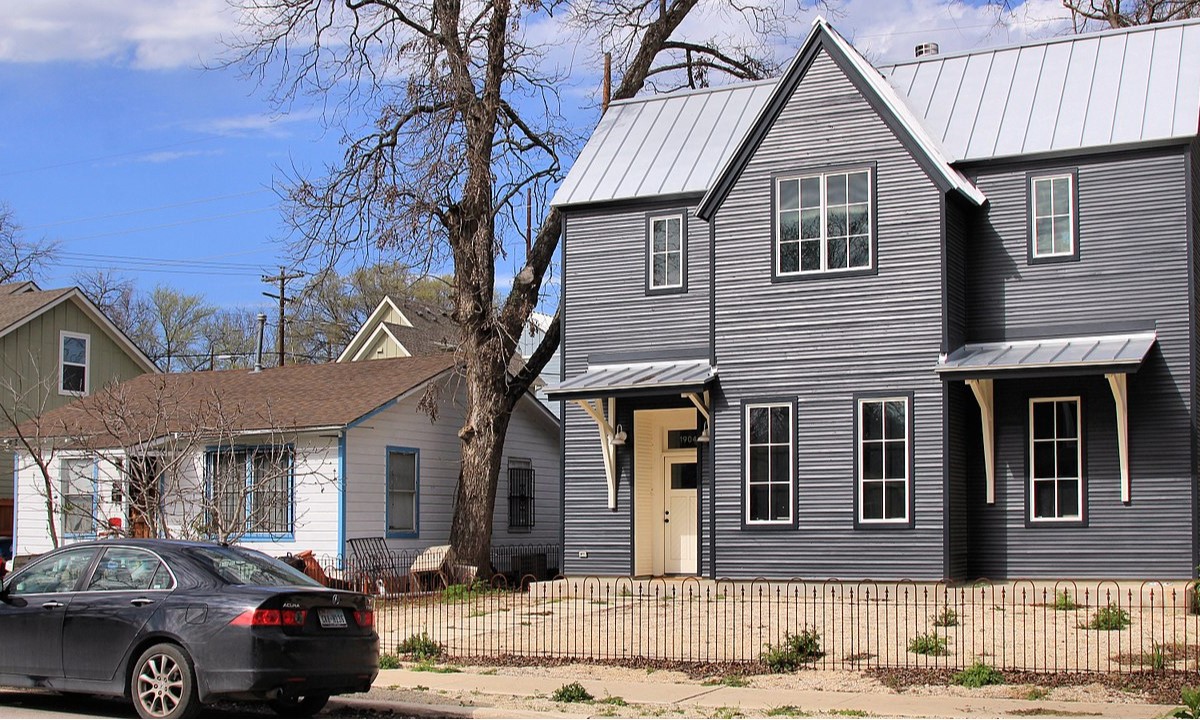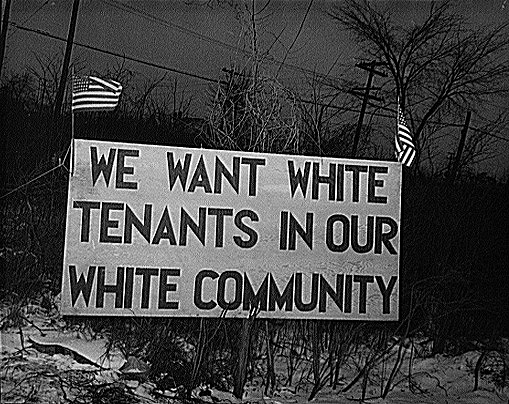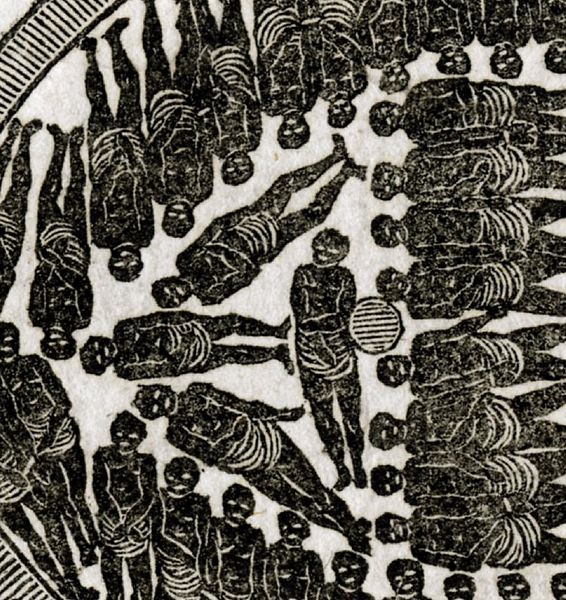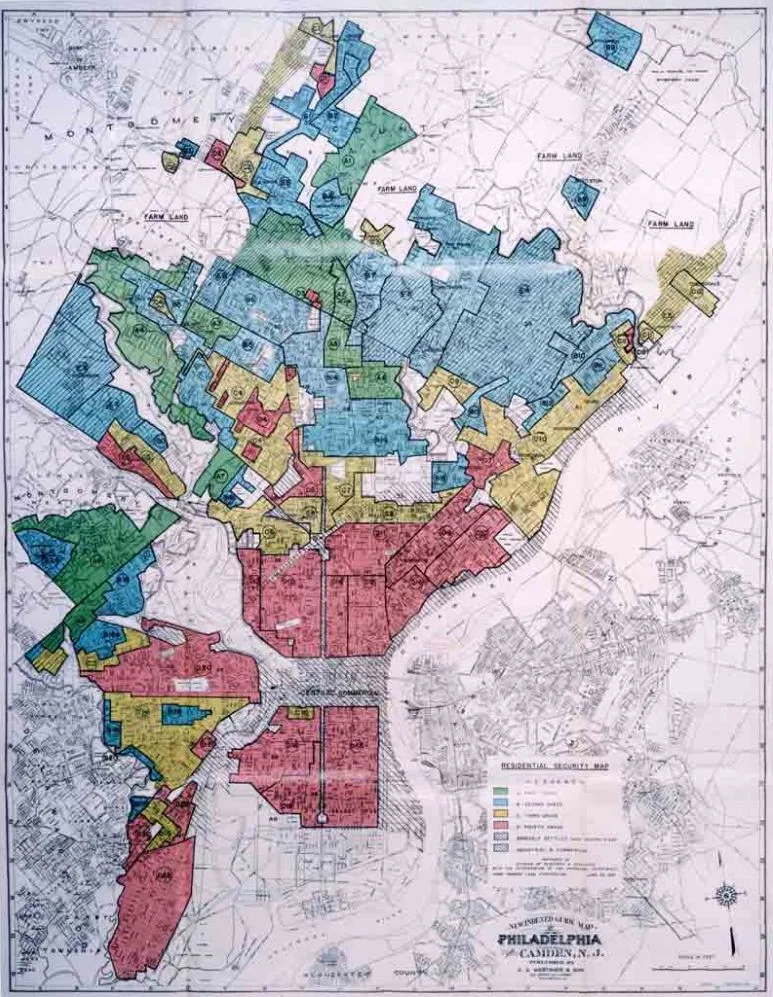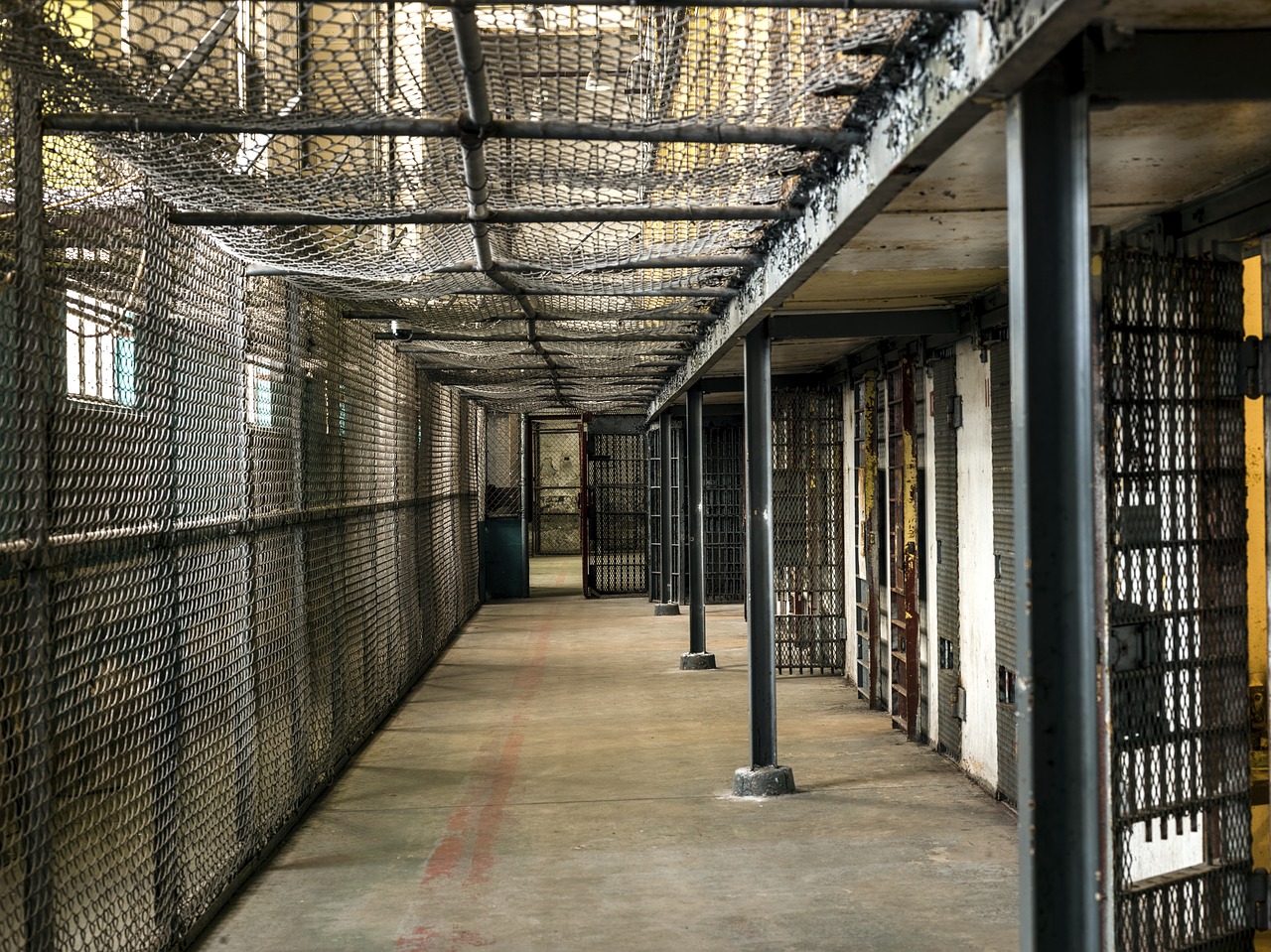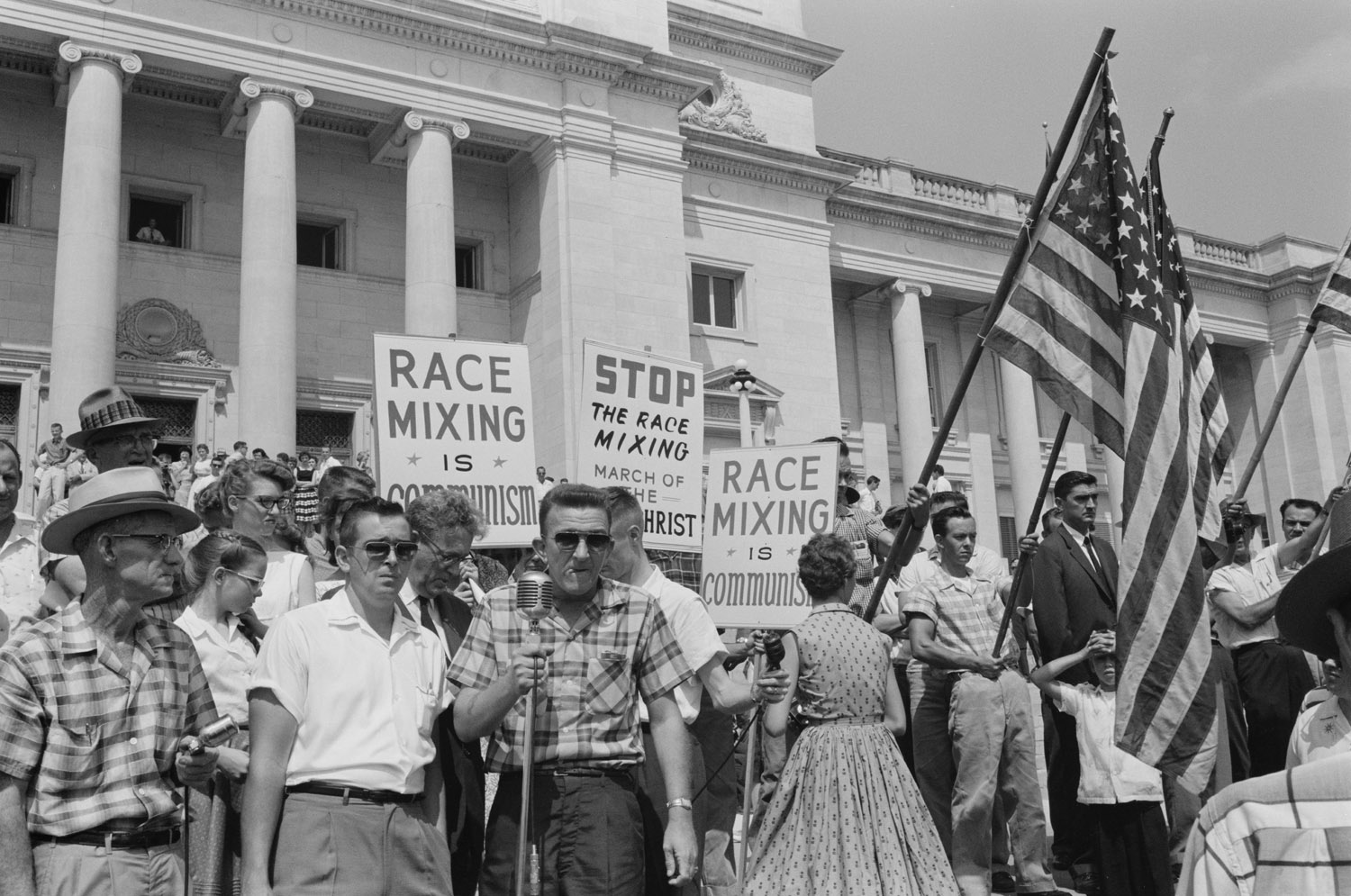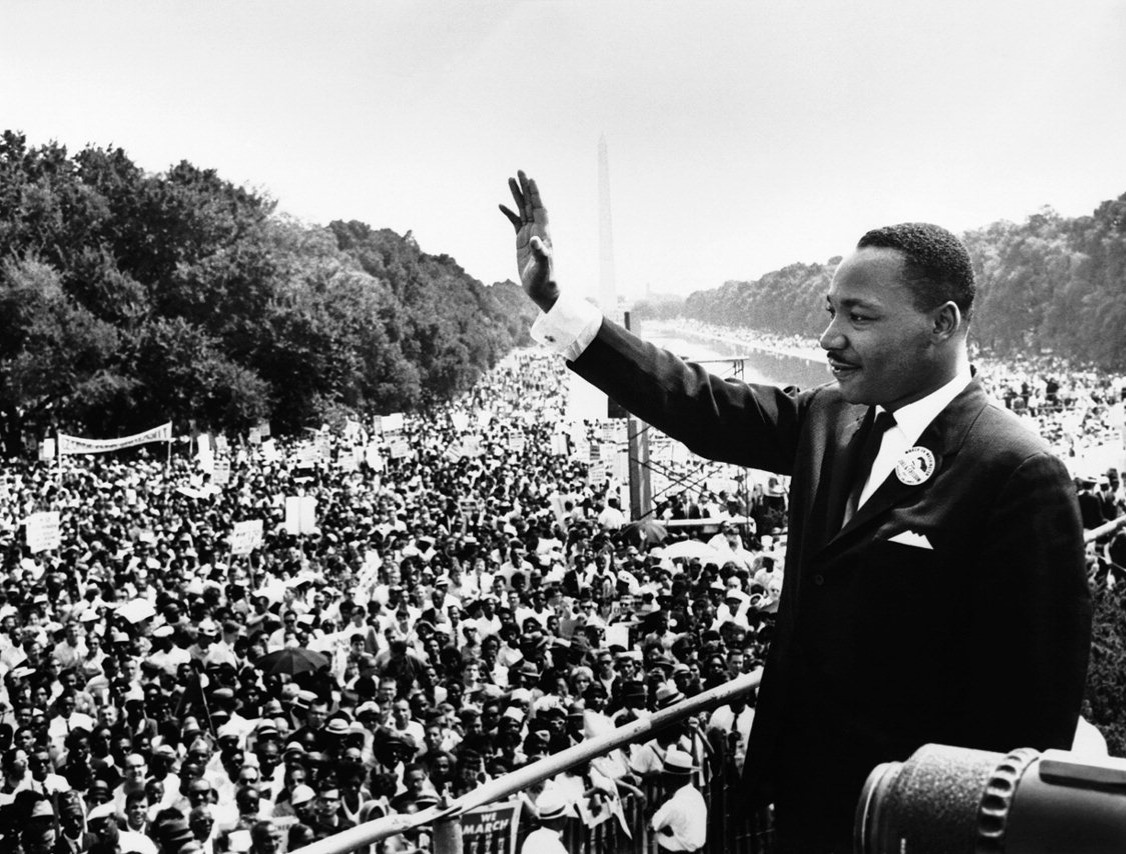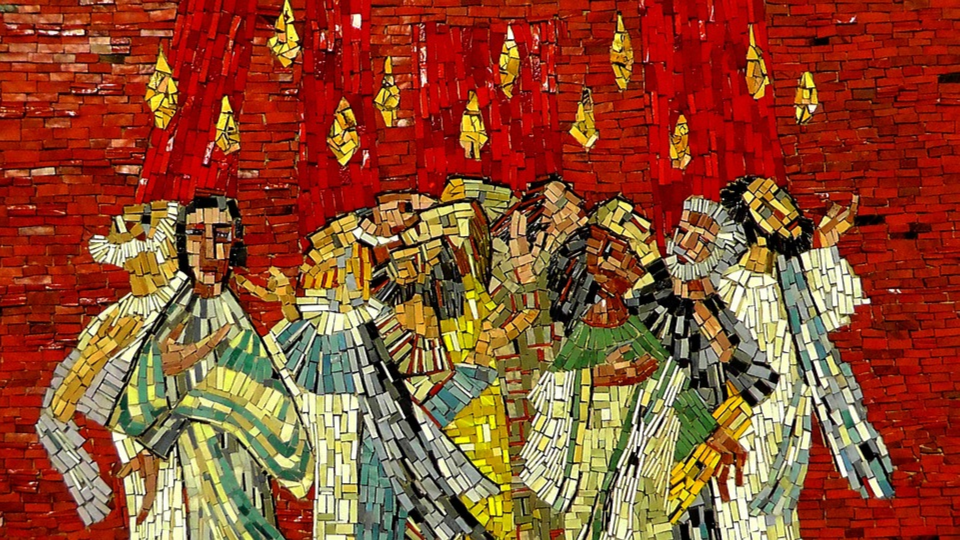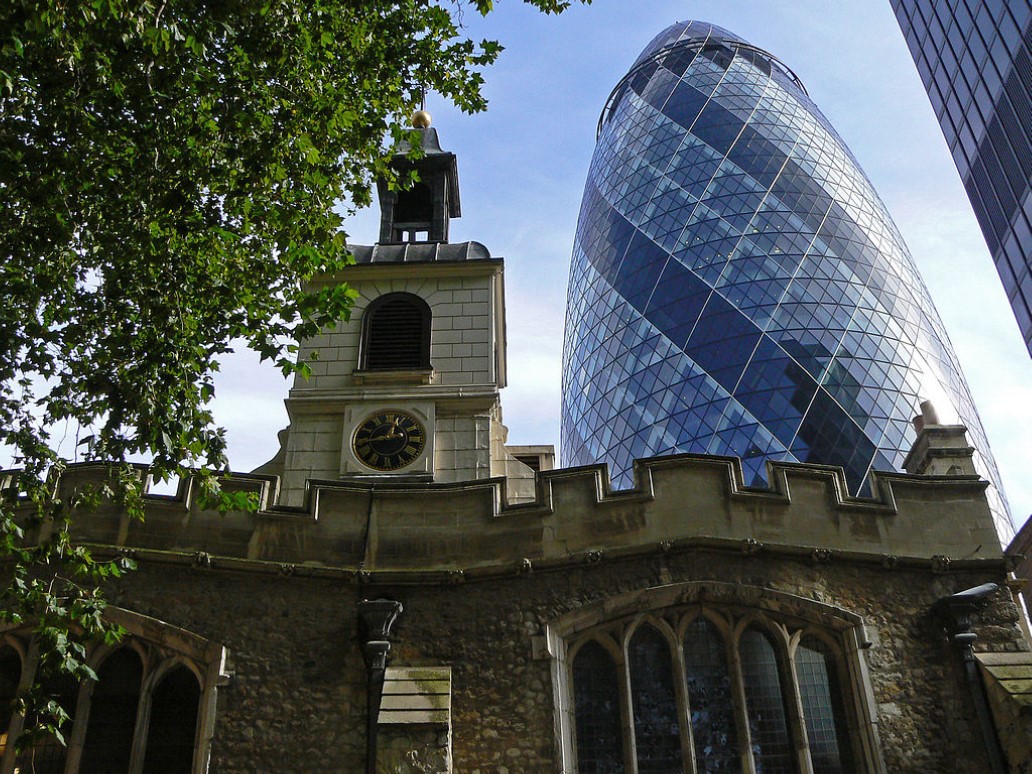Gentrification
Photograph: Gentrification on the once largely Hispanic neighborhood on Holly Street in East Austin, Texas, in 2018. Photo credit: Larry D. Moore | CC4.0 International, Wikimedia Commons.
Introduction
The following resources are examples of gentrification argued as a positive from some perspective: increasing a city’s tax base, etc.
Messages and Essays on Race, Land, and Housing
Finding a Home in God’s Bigger Story
Intersection Journal, The Telos Collective, April 15, 2021. “Many Christian conservatives decry the decline of “culture”—while seeking “dominion” over media, government, etc.—without doing much to help local communities… More liberal-minded Christians often celebrate a little “diversity training” at work, while practicing NIMBY-ism (“not in my backyard”) in zoning, protecting their kids at all costs, and neglecting low wages and the high cost of living. Are we only interested in a middle- and upper-class diversity, in our unsustainable suburban lifestyles? God cares about our sense of home, place, and community.”
Slides of a presentation given to the 2022 Reconstruction class. The introduction features John Winthrop vs. Roger Williams to highlight the debate over freedom of religious Conscience vs. Christendom. The presentation highlights Christian accomplishments in health and hospitals, education and schools, land ownership and economic justice, and criminal justice reform.
A series of blog posts where we explore many issues as Christian heresy, for which Christians must take responsibility in the frame of repentance. We have designed a study guide to accompany the blog posts. Please consider using it for personal reflection or discussion in your family, church, organization, etc.
Other Resources on Gentrification Argued as a Positive
Peter Reuell, A New View of Gentrification. Harvard Gazette, Aug 1, 2014.
Natalie Moore, Why Don't Black Chicago Neighborhoods Gentrify? WBEZ, Dec 17, 2014.
Joe Cortwright, In Defense of Gentrification. The Atlantic, Oct 31, 2015.
John Buntin, The Myth of Gentrification. Slate, Jan 14, 2015.
Kay Hymowitz, Why Spike Lee is Wrong About Gentrification. City Journal, Autumn 2015.
City of Boston, Imagine Boston 2030. City of Boston, 2017.
Alli Joseph, Who Benefits from Gentrification? Salon, Aug 1, 2017. Re: NYC
David Roberts, Young Families Typically Leave Cities for the Suburbs. Here's How to Keep Them Downtown. Vox, Jun 11, 2018. Re: Vancouver, Canada
Jacquinn Sinclair, 'The Gentrification Game' Puts Boston's Stark Changes In Sharp Relief. WBUR, Oct 30, 2018.
Jovanka Beckles, Solving California's Housing Crisis. Jacobin Magazine, Nov 5, 2018.
Coleman Hughes, Why Do Progressives Hate Gentrification? Quillette, Nov 25, 2019.
Jason Segedy, In Middle America, ‘Gentrification’ Is A Useless Word. The American Conservative, Dec 13, 2019.
Jerusalem Demsas, In Defense of the “Gentrification Building”. Vox, Feb 14, 2023. How the ugly, boxy, bland looking architecture are cheaper to build as affordable housing. Developers build them in lower income neighborhoods. Displacement is what happens to people. Gentrification is what happens to a neighborhood or area. Thus, gentrification can happen without displacement.
Race, Land, and Housing: Topics:
Race: Topics:
This section on Race contains the following: Slavery examines the intersections of religious beliefs and slavery, both in the U.S. and elsewhere during colonialism. Land and Housing explores Native American land seizure, white supremacy in housing, and gentrification. Banks and Finance spotlights racial discrimination in access to capital. Criminal Justice highlights historical racism not only in disparities but practices like convict-leasing, lynching, and hate crimes. Employment lists forms of discrimination in the workplace, hiring, labor unionizing and participation. Eugenics traces the history of eugenics in white American and elsewhere. Schooling examines disparities in the educational system and racial impacts of funding and administration. Politics and Power examines the use of race in political campaigns, the procedural justice wrongs such as voting rights denied and gerrymandering, substantive justice wrongs like education, health, and welfare, and racial fascism in the U.S. Immigration examines the moral, economic, and political challenges of immigration, along with the political manipulation of immigration as an issue. Child Development highlights racial implications in emotional development and psychological awareness. Health Disparities examines the significance of race on epigenetic factors, environmental factors, medical treatment, and health care politics. Beauty examines how race impacts notions of beauty and professionalism. Race is part of our critique of the political Right and Left in the U.S.
Church and Empire: Topics:
The following topics are also listed under the “Church and Empire” section of our website. They are offered here to remind us what Christian faith was like prior to colonialism, and in resistance to colonialism, to show that Christianity is not “a white man’s religion.”




